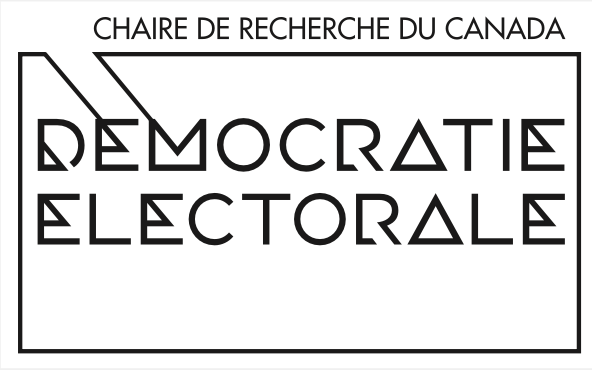Electoral Chairs’ Seminars – March 25th
25 March 2023 • 12:00
C-4145
Party Prediction for Twitter
Kellin Pelrine, Anne Imouza, Gabrielle Desrosiers-Brisebois, Sacha Lévy, Jacob-Junqi Tian, Zachary Yang, Aarash Feizi, Cécile Amadoro, André Blais, Jean-François Godbout and Reihaneh Rabbany
A large number of studies on social media are based on predictive models for inferring political affiliation of users. The methods designed for this party prediction rely on the content generated by the users (e.g., tweet texts), the relations they have (e.g., who they follow), or their activities and interactions (e.g., which tweets they like). The accuracy of this task can change the conclusions of a downstream analysis significantly, yet the choice between different methods seems to be made arbitrarily. In this paper, we provide a comprehensive survey and an empirical comparison of these current practices, in order to compare their signal strength and performance in predicting the party affiliation of users. We also propose several new approaches, which are competitive with or outperform state-of-the-art methods, and let the practitioner select from a wide range of data types that all give strong performance. Finally, we conduct extensive experiments on different aspects of these methods, which can provide insights for both applied and methodological research.

This content has been updated on 23 March 2023 at 10 h 22 min.